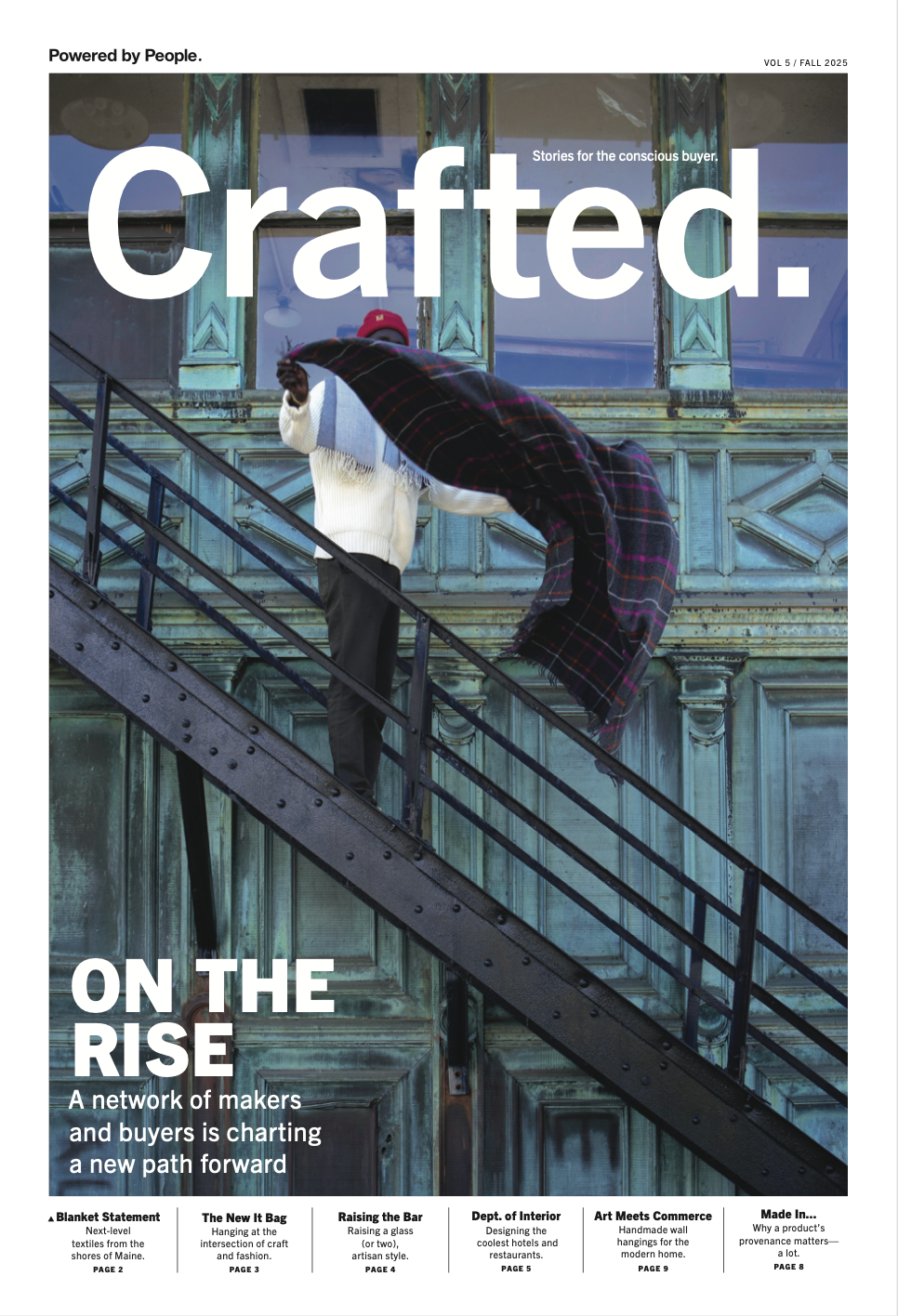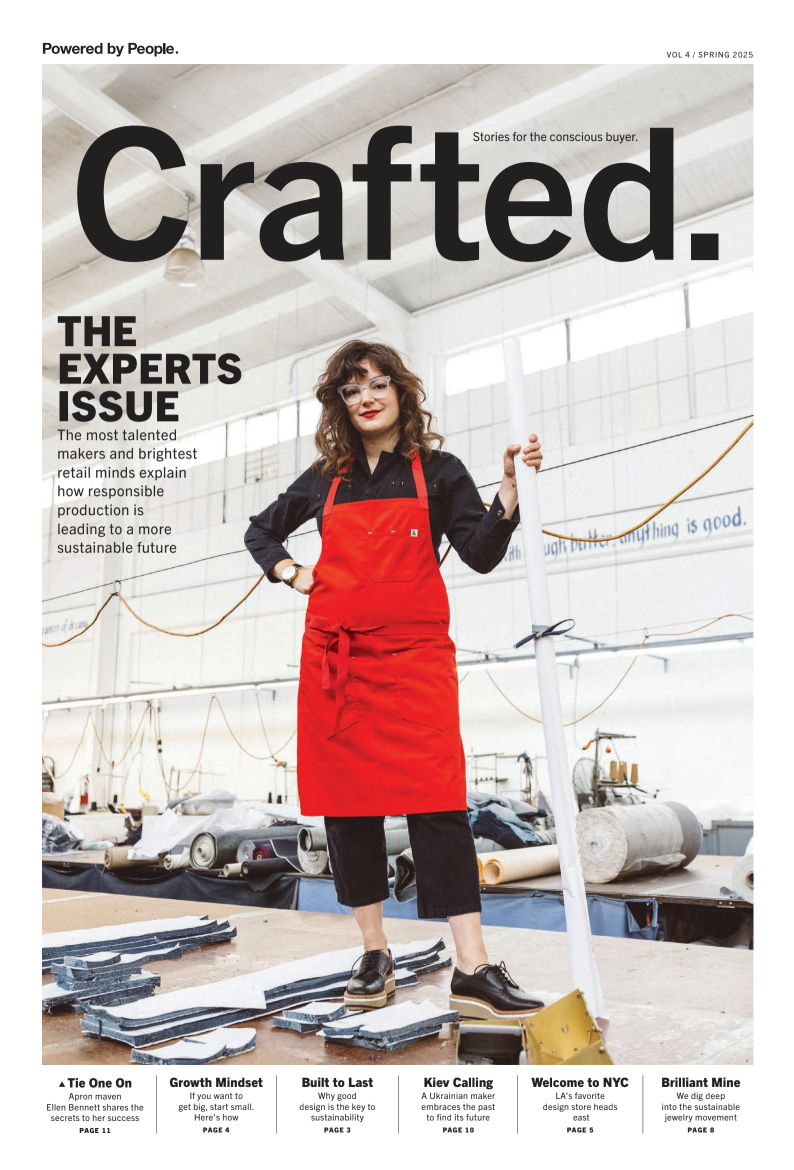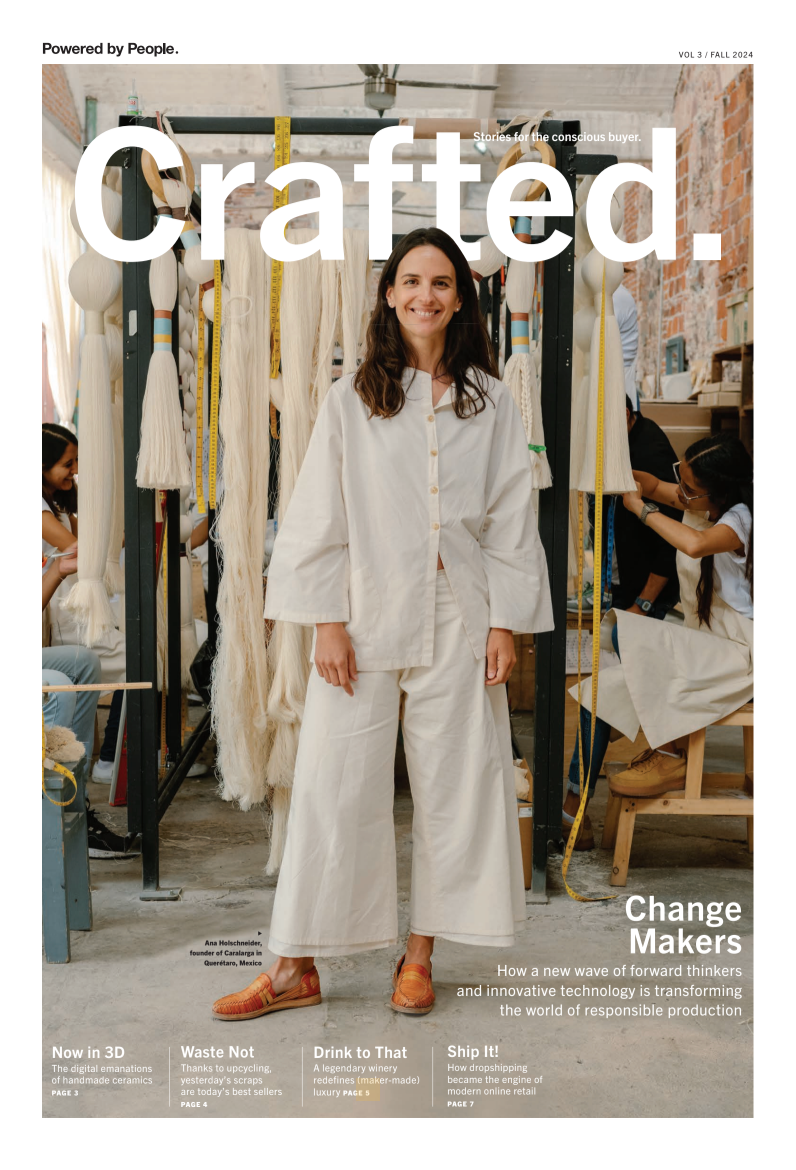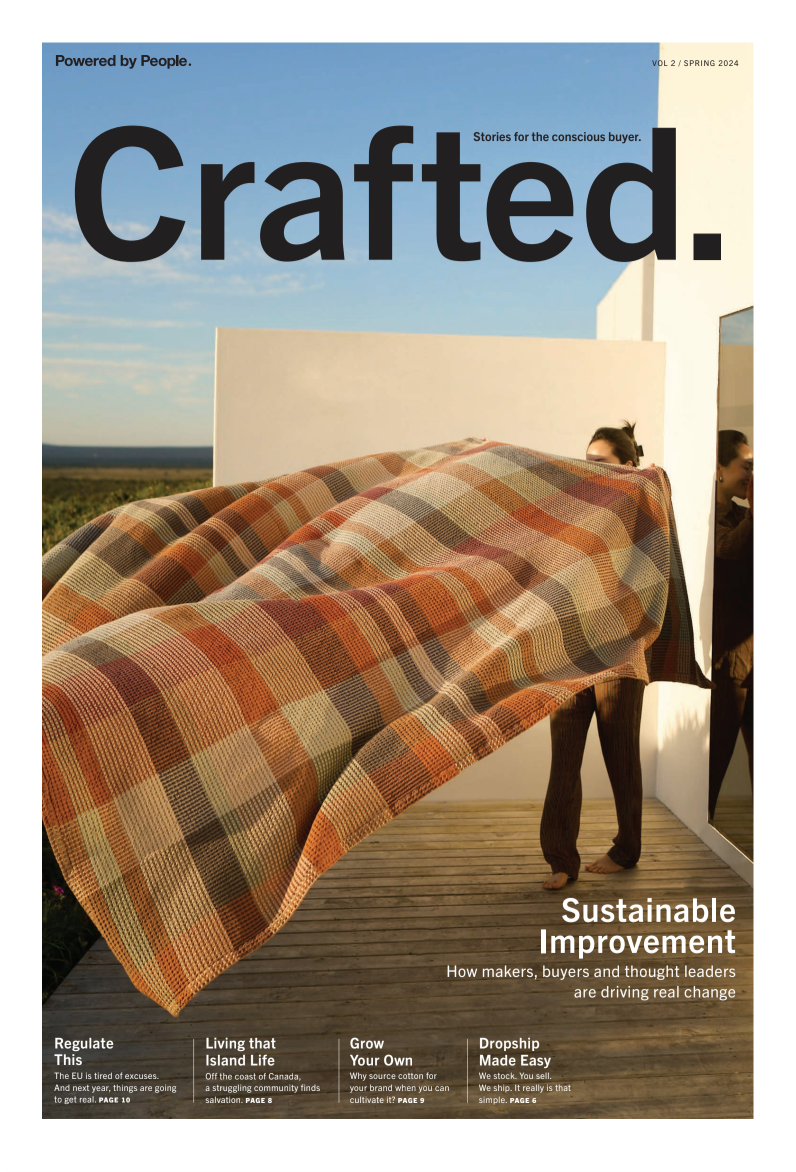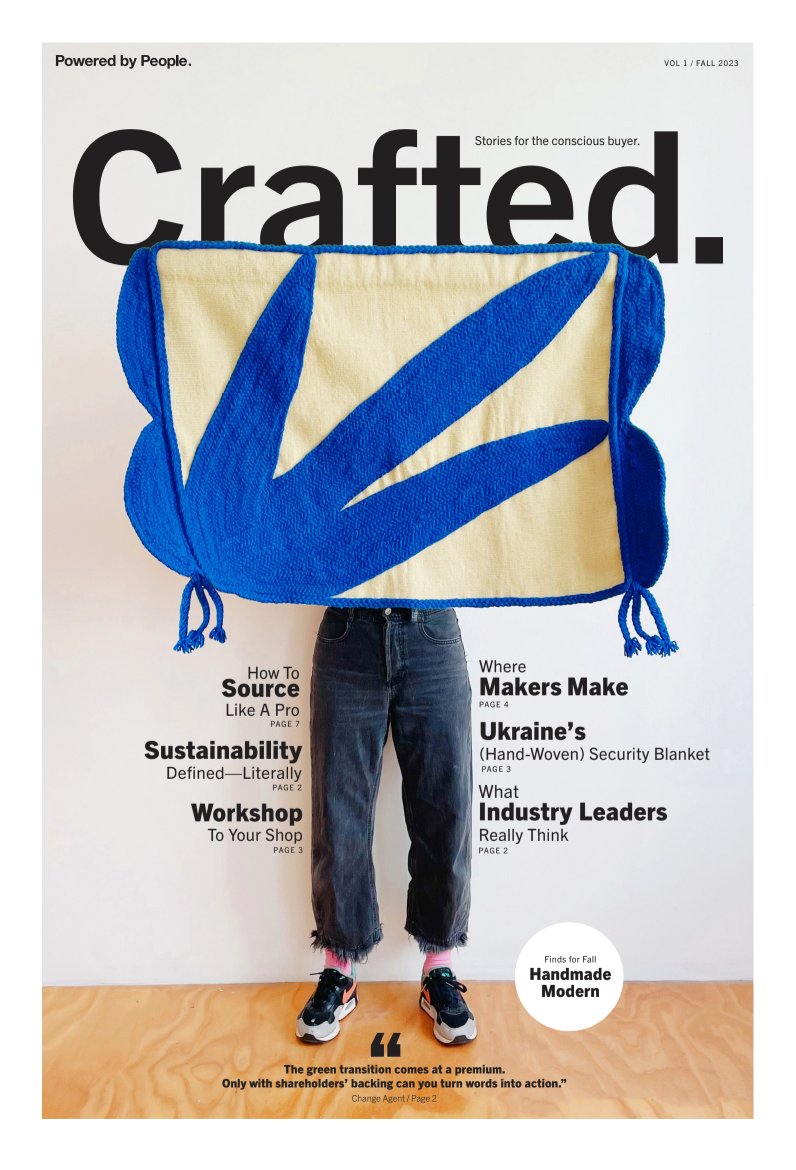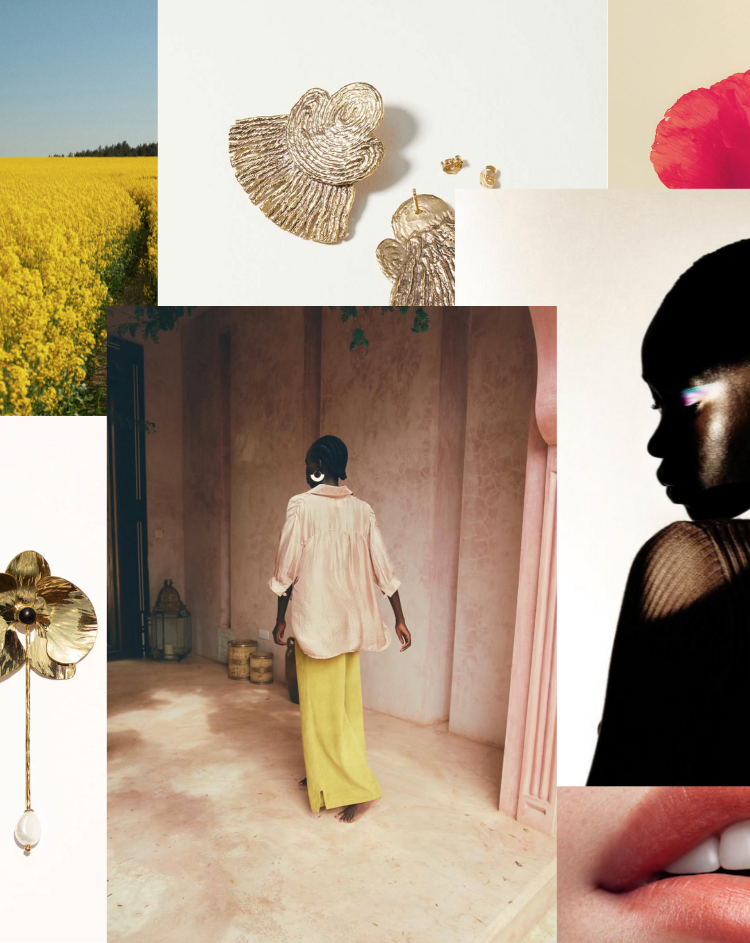Crafted.
More Stories
Crafted
With Love, From Ukraine
GUNIA PROJECT draws on its homeland’s rich history and heritage craft to create a vibe that’s bravely new.
Read moreSource Like a Pro with Nickey Keheo
THE DESIGN-WORLD FAVE explains their move (back) to NYC, why vintage is always in style, and what they’ve learned in the age of ecommerce.
Read moreHard Rock Hero
JACOBO MUÑOZ has leaned on a lifetime of lessons to achieve success with his Mexico City-based design line andJacob.
Read moreThe Sustainability of Timeless Design
As Canadian maker FØRS STUDIO proves, few things match the positive impact of an object that lasts.
Read moreGo Your Own Way
Ellen Bennett relied on her gut to fuel the success of kitchenware upstart Hedley & Bennett. She’s just now starting to heed (some) advice from industry experts.
Read moreQ&A with IKEA
Discover how retail giant IKEA is helping Powered by People launch its ambitious ShipSmart initiative
Read moreUkrainian Sustainability Finds a Home
Sustainable production rises from the shadows of war-torn Ukraine, making its way to the shelves of Banana Republic Home.
Read more